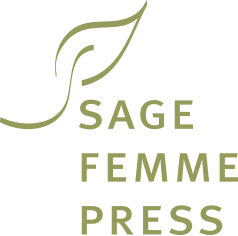I’m reading Rumi again, starting with passages I marked last time around. I’m reading Wisƚawa Szymborska’s poems, wishing I could hear her voice in the original Polish because I’m drawn to it even in translation. I’m reading a new Chris Abani collection my friend Al sent me because he’s devoted to poetry and turns down the corners of pages with poems he wants to read again. I go to these first. I’m reading all 358 pages of stories and poems in The Examined Life annual because this is a community of writers I am part of and I want to know what’s going on with the other members. I’m also reading, dictionary in hand, María Dueñas’s novel, El Tiempo Entre Costuras. Set during the Spanish Civil War, it’s a fascinating read—historical fiction. I don’t know what it’s called in English. Translations of titles aren’t always literal, nor do you find yourself in exactly the same story when it’s migrated from one language to another. I mention this because I believe that the ability to enter another world through its language enriches me as a poet.
Finally, and I admit it, I’m squandering unconscionable stretches of my so-called work time drifting from link to link in Google and YouTube. I’ve written nothing in recent weeks. Only this.
Rumi says, “A little while alone in your room / will prove more valuable than anything else / that could ever be given you.” He is wise. I take him at his word. But I wonder….
